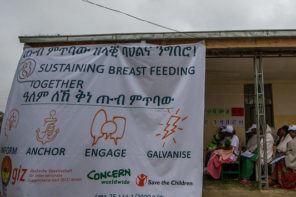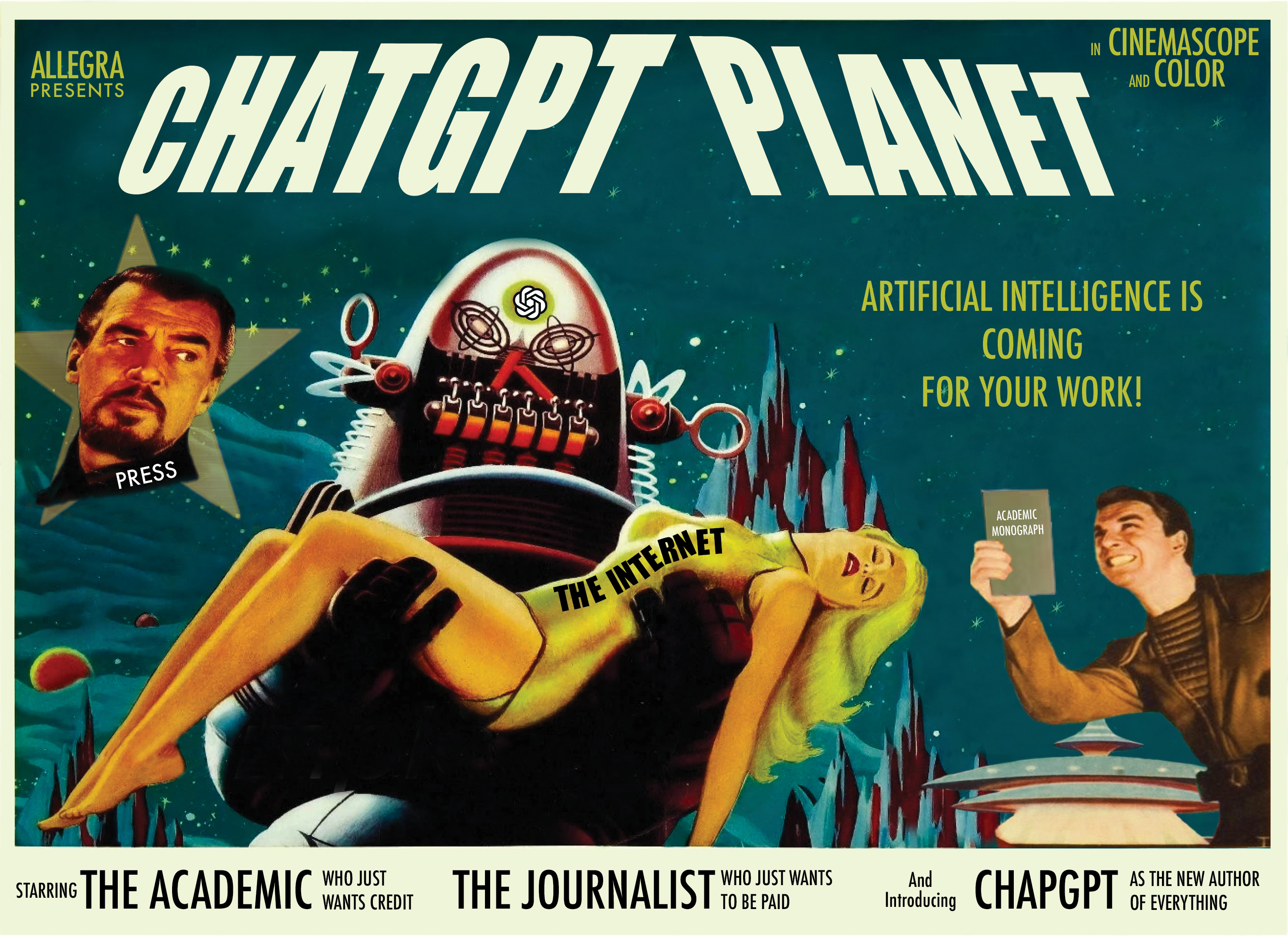What social practices are used to constitute evidence? What counts as evidence and why? How are different types of evidence processed, and how do evidence protocols participate in the making of institutional practices that are represented as transparent and ‘truthful’? How does evidence itself constitute forms of technology, materiality, and affect as it enacts and mediates these forms?
These are some of the questions that were raised at a panel on evidence making in bureaucratic settings at last year’s AAA meeting. Interrogating evidence seems to have gained momentum in the last few years, with more conferences (including this year’s AAAs!), panels, research groups[ii] and publications[iii] interested in probing techniques of evidence making as part of an anthropology of knowledge production practices.
This series of posts proposes anthropological, reflexive accounts of the production of evidence beyond the disciplinary confines of anthropology.
Our aim is to render analytically fruitful the tensions between anthropological evidentiary practices and those in other fields of contemporary public life such as law, science, biomedicine, economy and politics to ask why, and when, evidence matters.
Evidence making is an epistemological exercise in translation, as chains of interpretations work to assess the validity of factual representations (Latour 1987), and ‘evidentiary nomenclatures’, or classificatory systems of naming and writing, construct institutionally vetted truth(s).[iv] Facts become evidence through processes of selective omission, often constructing ‘black boxes’ along the way (e.g., Valverde et al. 2005; Rottenburg 2009; Mosse and Lewis 2006); ‘black boxes’ which abstract away, de-historicise and de-politicise, and thus render the conditions of evidentiary production implicit in the final product (Latour and Woolgar 1986; Silbey 2008). Black boxes and other ‘oblique forms of knowledge production’ (Sullivan, this series) also have ‘chronotopic’ effects (Valverde 2014): they curb time and interpret spatial categories in their own, particular, epistemic terms (Schubert, this series, and among others, Boswell 2008; Hirsch 2006; von Benda-Beckmann 2014).
Evidence is thus about making visible what makes knowledge-making evident enough to be accepted by peers. In other words, evidence is self-evident: presenting evidence is claiming the mantle of truth to assert a position of authority.[v]
As such, it stands for itself and forecloses the possibility or even the need to call into question the social processes of selection and vetting that go into its production. As the papers in this series show, this generates what could be called a ‘conundrum of visibility’: what remains hidden is as important as what is made visible; and the context in which evidence is produced matters as much as the context of its reception.
Questioning knowledge-making practices through the prism of evidence in various ethnographic settings, the papers in this week’s thematic thread shed light on some of the moral and political economies involved in processes of evidence making, and how they impinge upon the contemporary world. We very much hope this becomes a lively conversation; following this first series of posts, a second ‘week of evidence’ will gather posts that take up and directly reply to some of the concerns raised in this first, perhaps more theoretical, instalment. Please get in touch if you wish to contribute.
The week hits off with a post by Tony Good, which highlights some of the tenets of the dilemma of translation I sketched out above. Good’s argument is twofold. First, the nature of evidence in law and anthropology is different to the point of almost being incommensurable (although there may be more overlap in practice than there appears to be in principle). Thus, and this is his second point, to make the stuff of anthropological evidence useful in court cases, anthropological evidence has to be made commensurate with, or adapted to, in this case, judicial notions, and rules of evidence — the risks for the expert anthropologist being to either become complicit in a reification of culture in legalistic terms, or becoming altogether irrelevant to legal proceedings (see also, Kelly 2012; Fontein 2014). Those risks, in turn, present ethical, epistemological and methodological challenges for anthropology.
Julia Eckert’s paper departs from a similar observation to Good’s: that the attribution of responsibility and liability are central to any concept of law. The duty to decide seems to be a defining feature of judicial decision-making (Luhmann 1995; Twining 2006). Eckert’s distinctive argument, however, is that the idea that responsibility can be assigned, and guilt determined — both being essential to judicial notions of evidence — become problematic in a context of increasing technological complexity and global interconnectedness. Chains of causation become more and more complex; in fact, she wonders, perhaps too complex for the terms of current judicial modalities of establishing the required level of factual certainty. In such context, she asks whether we could find new ways for asserting facts, and how those new ways of ascertaining facts can be made useful for evidentiary practices in law. Hence the question: does evidence matter? If in a given legal system the idea is to attribute responsibility, or determine guilt in order to mete out punishment or compensate victims, in the case Eckert describes, the question becomes not one of reparation but one of insurance.
The notion of insuring oneself against future damages is also very much at the heart of Jon Schubert’s essay. Here, he looks at evidentiary practices in commercial risk forecasting to raise questions about the temporalities of evidence: how, when and in which sequence can openly available facts become proprietary evidence? To make events both relevant for the future but also reliable, the evidentiary practices put in place create what he calls a ‘feedback loop’ between past and future, or future and past, which ultimately reinforces rather than challenges dominant modes of economistic thinking.
In her essay coming out this Thursday, Kate Sullivan looks at the translation into evidence of abstract and seemingly neutral electronic signals, such as measurements of wave frequencies, water temperatures, etc., collected by many different hands and through a plethora of technologies to determine the state of marine reserves. Such translation, she argues, follows not so much scientific evidentiary practices, but political ones. In a similar fashion, Jasanoff explains: ‘Any selection inevitably blends scientific with policy considerations, and policymakers accordingly are forced to look beyond science to legitimate their preferred reading of the evidence’ (1991: 29).
How, Sullivan thus asks, do highly complex and malleable iterative social practices and their artefacts become available as scientific evidence? Not so much science, but ‘best available science’, she argues, impacts on how decisions of ocean governance are made, and in turn, how portal managers make data available in the first place. Creating ‘available evidence’ rather than simply ‘evidence’, she concludes, points to the creativity involved in making political decisions about uncertain facts, however indeterminate the nature of final forms of knowledge products. In other words, Sullivan shows that in a world characterised by highly complex and global causation chains, evidence being limited and incomplete is a condition of evidence being evident.
Lewis Gordon’s fascinating enquiry into what he calls the ‘evidentiality of evidence’ closes this first week of posts by reminding us of the ‘criticality’ of taking evidence for what it is. Drawing on his work on ‘bad faith’, Gordon highlights how what is made evident is as important as what is omitted. Gordon argues that the making, selection and interpretation of evidence not only depends on disciplinary conventions, or on one’s membership in a specific epistemic community, but also on one’s capacity for intersubjectivity.
References Cited
Berti, Daniela, Anthony Good, and Gilles Tarabout. 2015. Of Doubt and Proof: Ritual and Legal Practices of Judgment. Surrey, UK; Burlington, USA: Ashgate.
Boswell, Christina. 2008. The Political Functions of Expert Knowledge: Knowledge and Legitimation in European Union Immigration Policy. Journal of European Public Policy 15(4):471-488.
Chua, Liana, Casey High, and Timm Lau, eds. 2008. How Do We Know? Evidence, Ethnography, and the Making of Anthropological Knowledge. Cambridge: Cambridge University Press.
Csordas, Thomas J. 2004. Evidence Of and For What? Anthropological Theory 4(4):473-480.
Engelke, Matthew. 2008. The Objects of Evidence. Journal of the Royal Anthropological Institute 14:S1-S21.
Fontein, Joost. 2014. “She Appeared to Be in Some Kind of Trance”: Anthropology and the Question of Unknowability in a Criminal Trial. 2014 4(1):29.
Hastrup, Kirsten. 2004. Getting it Right: Knowledge and Evidence in Anthropology. Anthropological Theory 4(4):445-472.
Hirsch, Susan F. 2006. In the Moment of Greatest Calamity: Terrorism, Grief, and a Victim’s Quest for Justice. Princeton: Princeton University Press.
Jasanoff, Sheila. 1991. Acceptable Evidence in a Pluralistic Society. In Acceptable Evidence: Science and Values in Risk Management. Deborah G. Mayo and Rachel D. Hollander, eds. New York; Oxford: Oxford University Press.
Kelly, Tobias. 2012. This Side of Silence: Human Rights, Torture, and the Recognition of Cruelty. Philadelphia: University of Pennsylvania Press.
Latour, Bruno. 1987. Science in Action, How to Follow Scientists and Engineers through Society. Cambridge Mass.: Harvard University Press.
Latour, Bruno, and Steve Woolgar. 1986. Laboratory Life: The Construction of Scientific Facts. Princeton: Princeton University Press.
Luhmann, Niklas. 1995. Das Recht der Gesellschaft. Frankfurt a.M.: Suhrkamp.
Mosse, David, and David Lewis, eds. 2006. Development Brokers and Translators: The Ethnography of Aid and Agencies. Bloomfield, CT: Kumarian Press.
Riles, Annelise. 2004. Real time: Unwinding Technocratic and Anthropological Knowledge. American Ethnologist 31(3):392 – 405.
—. 2011. Collateral Knowledge: Legal Reasoning in the Global Financial Markets. Chicago; London: University of Chiago Press.
Rottenburg, Richard. 2009. Far-Fetched Facts: A Parable of Development Aid. Allison Brown and Tom Lampert, transl. Cambridge, Massachusetts; London, England: MIT Press.
Silbey, Susan S. 2008. Introduction. In Law and Science, Volume 1: Epistemological, Evidentiary and Relational Engagements. Susan S. Silbey, ed. The International Library of Essays in Law and Society. Hampshire, UK; Burlington, US: Ashgate.
Street, Alice. 2011. Artefacts of not-knowing: The Medical Record, the Diagnosis and the Production of Uncertainty in Papua New Guinean Biomedicine. Social Studies of Science 41(6):815–834.
Turner, Bertram. 2016. Technologies of Truth Finding. In Autour du Crime. Yazid Ben Hounet and Deborah Puccio-Den, eds. Paris: L’Herne.
Twining, William. 2006. Rethinking Evidence: Exploratory Essays. Cambridge: Cambridge University Press.
Valverde, Mariana. 2014. Chronotopes of Law: Jurisdiction, Scale and Governance. Abingdon; New York: Routledge.
Valverde, Mariana, Ron Levi, and Dawn Moore. 2005. Legal Knowledge of Risks. In Law and Risk. The Law Commission of Canada, ed. Vancouver; Toronto: UBC Press.
von Benda-Beckmann, Keebet. 2014. Trust and the Temporalities of Law. The Journal of Legal Pluralism and Unofficial Law 46(1):1-17.
******
My thanks go to Jon Schubert, Matthew Hull and Tony Good for their astute comments on this introduction, and to Julie Billaud and the Allegra team for their wonderful editorial skills.
[ii] Lost Research Group; Spaces of Evidence, etc.
[iii] Among others, Engelke (2008); Chua et al. (2008); Csordas (2004); Hastrup (2004); Riles (2004; 2011); Street (2011); Berti et al. (2015); Turner (2016).
[iv] By ‘truth’, I am not so much referring to the term in an abstract, literal, unqualified sense, but rather to the different forms of truth that are constructed in the assessment of facts in terms of more or less ‘reasonable certainty’, in particular contexts. Evidence, and rules of evidence are, moreover, often used to (more or less openly) pursue interests that are not about truth at all: one can think of many situations where, for example, the liability, guilt, levels of a chemical, number of suicides, etc. is right there for all to see and evidence is not made to reveal something to be the case, but to construct it within some other established framework of action.
[v] See, for example, this recent article on the rise and fall of experts.









